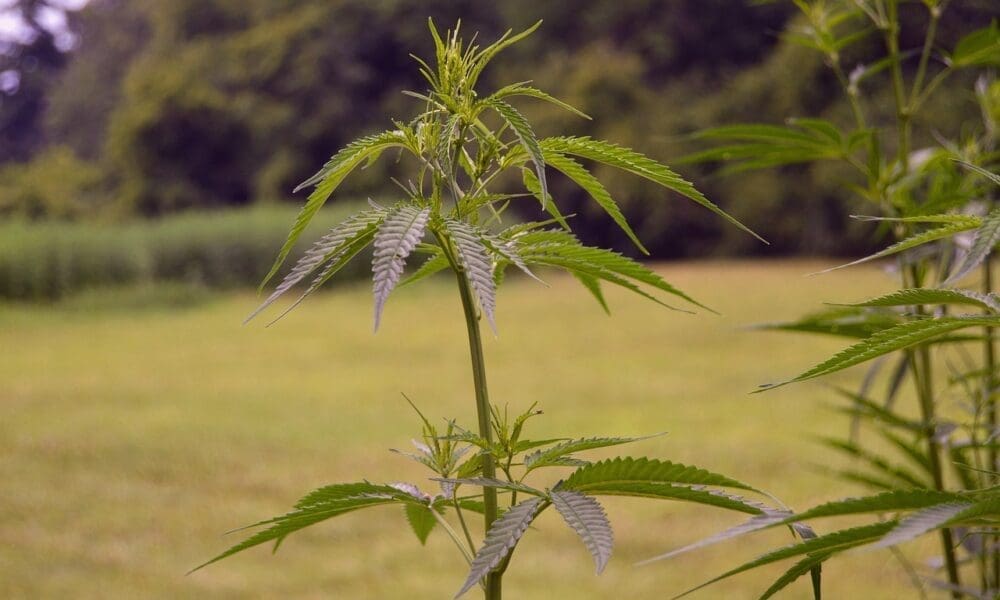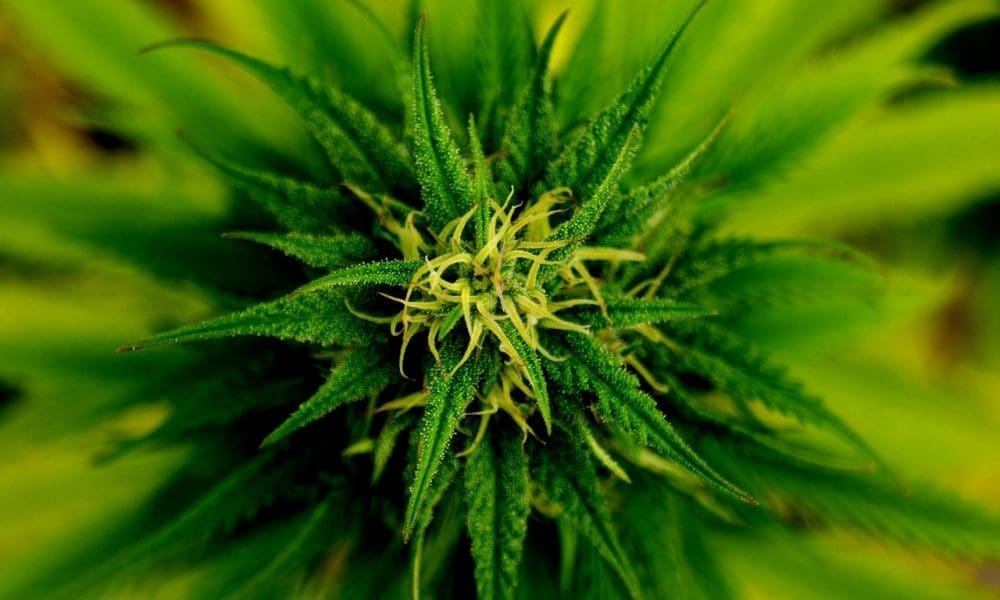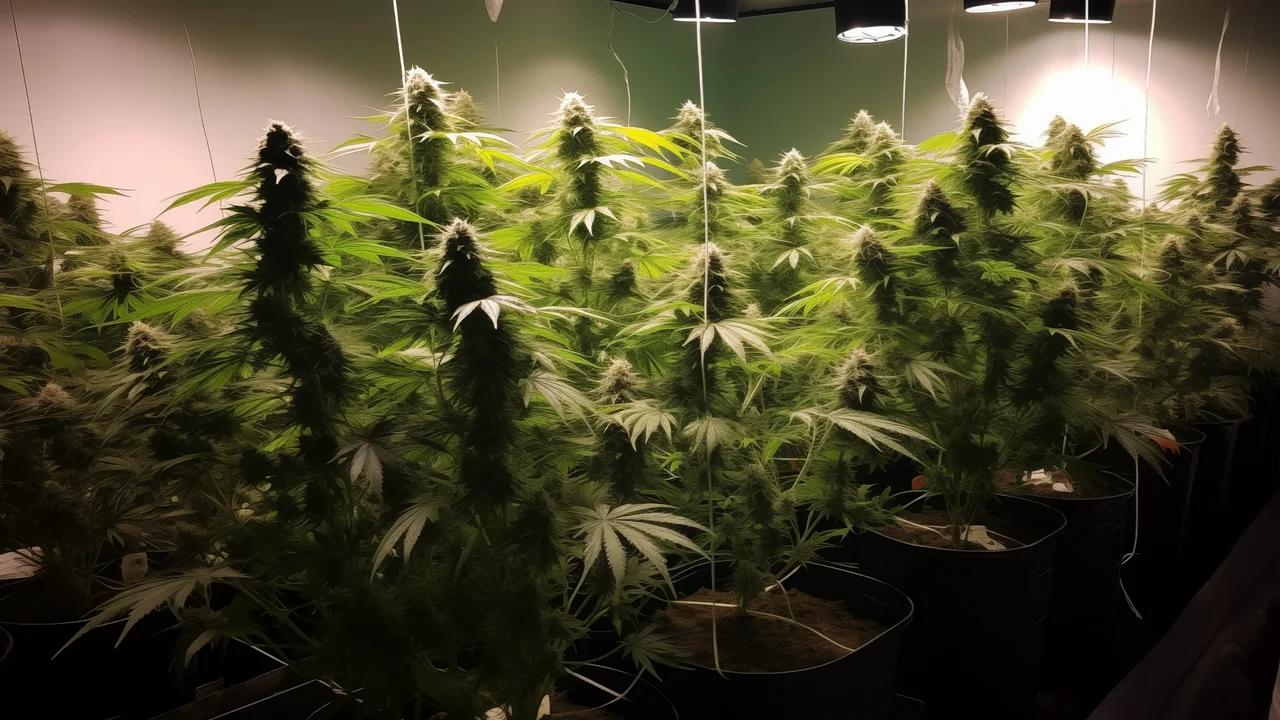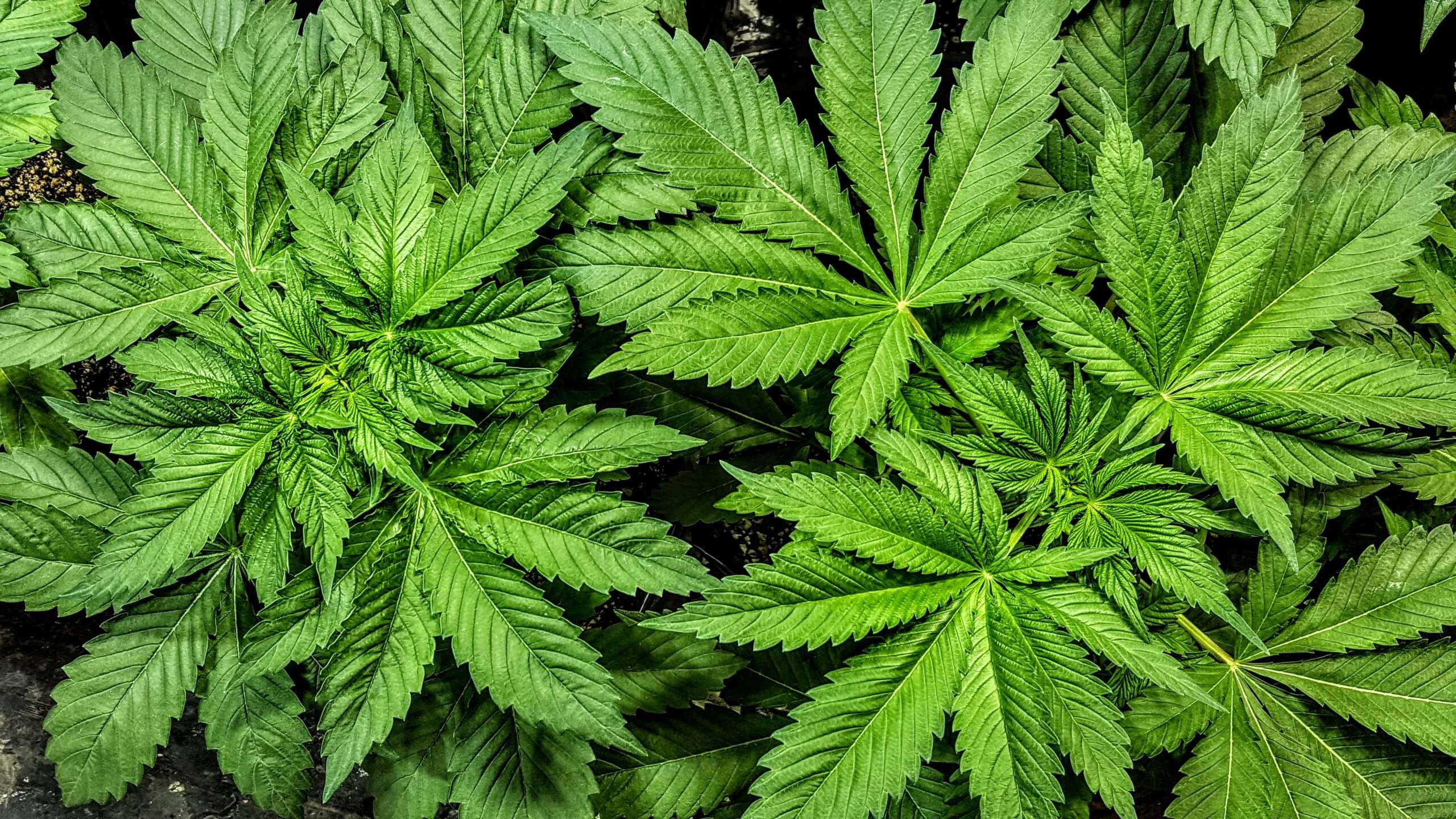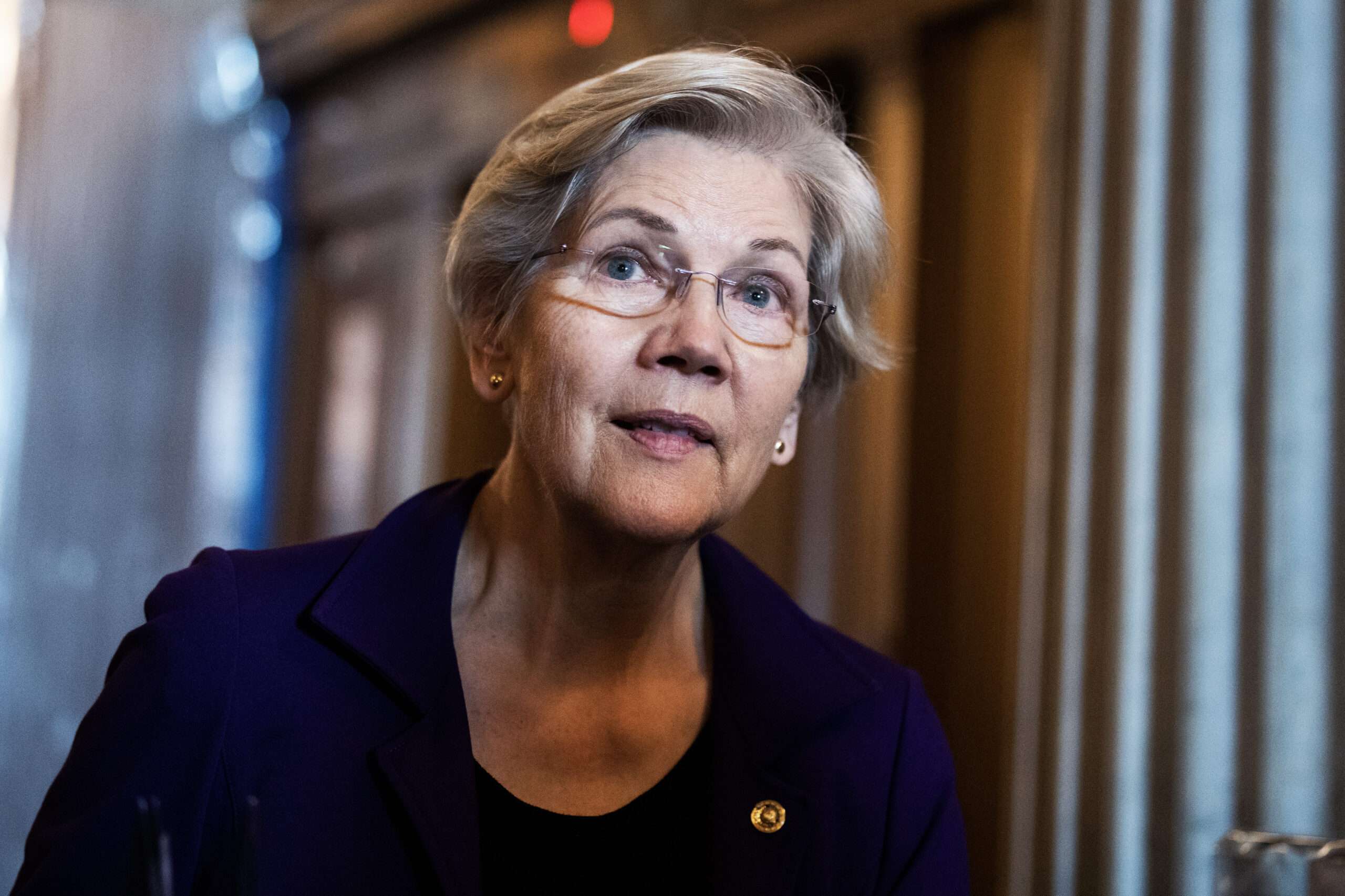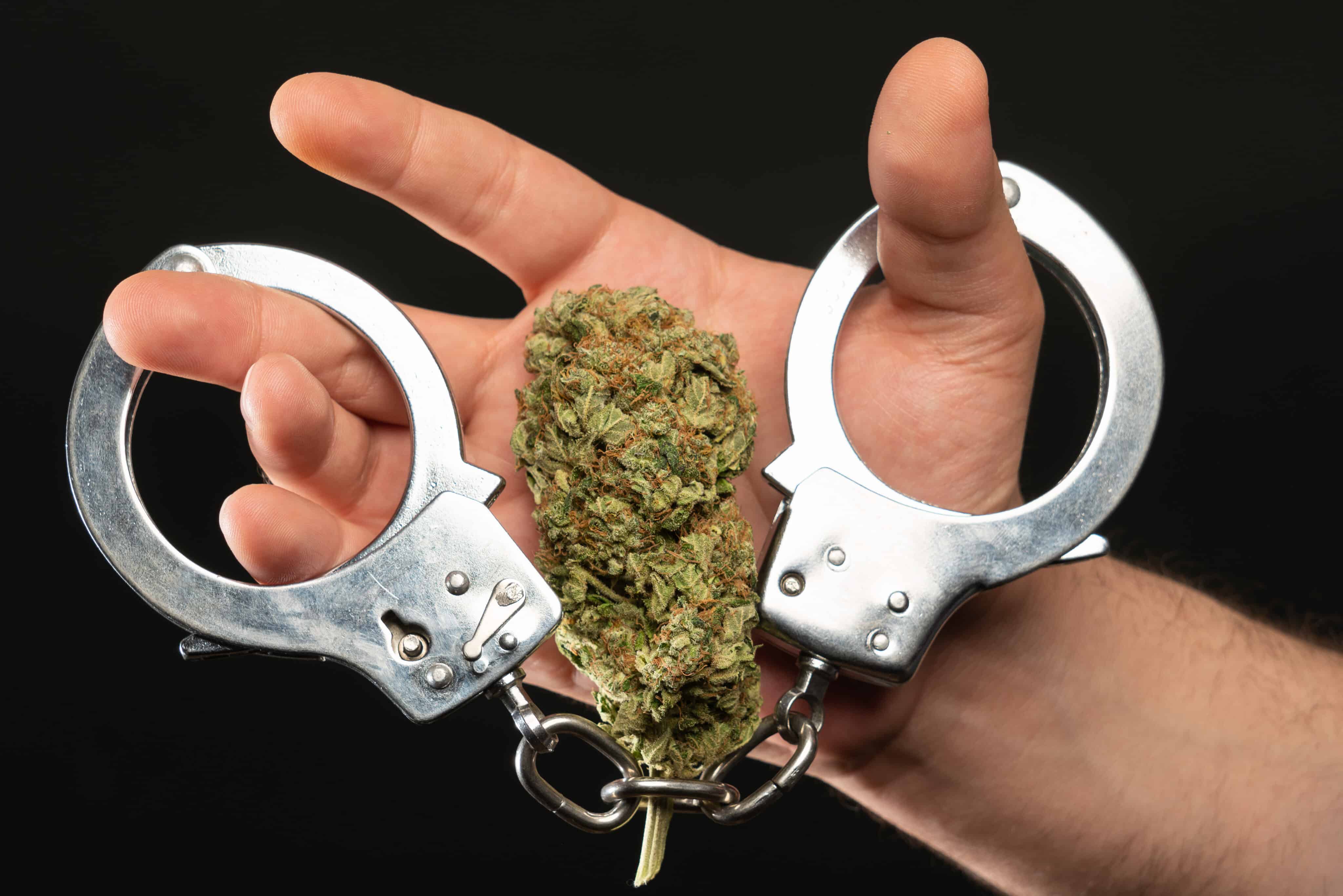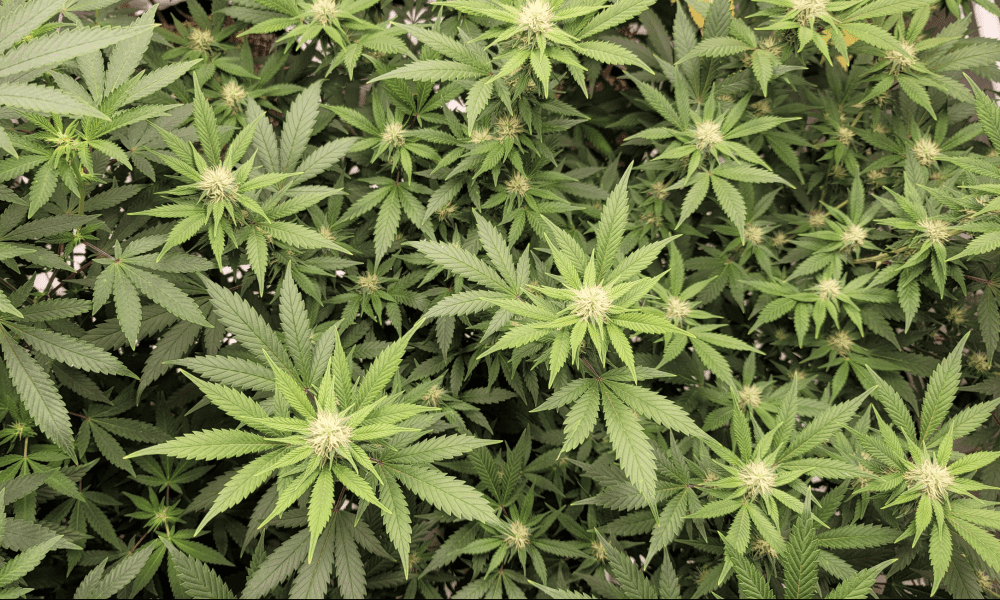
Is The Government Finally Abandoning Its 'Flat Earth' Marijuana Policies?
The ball is in the DEA’s court once again.
 norml.org
norml.org
The (HHS/ FDA) agency concluded: “No safety concerns were identified in our review that would indicate that the medical use of marijuana poses unacceptably high safety risks for the indications where there is some credible scientific evidence supporting its therapeutic use.”
Department officials added, “The risks to the public health posed by marijuana are low compared to other drugs of abuse,”



